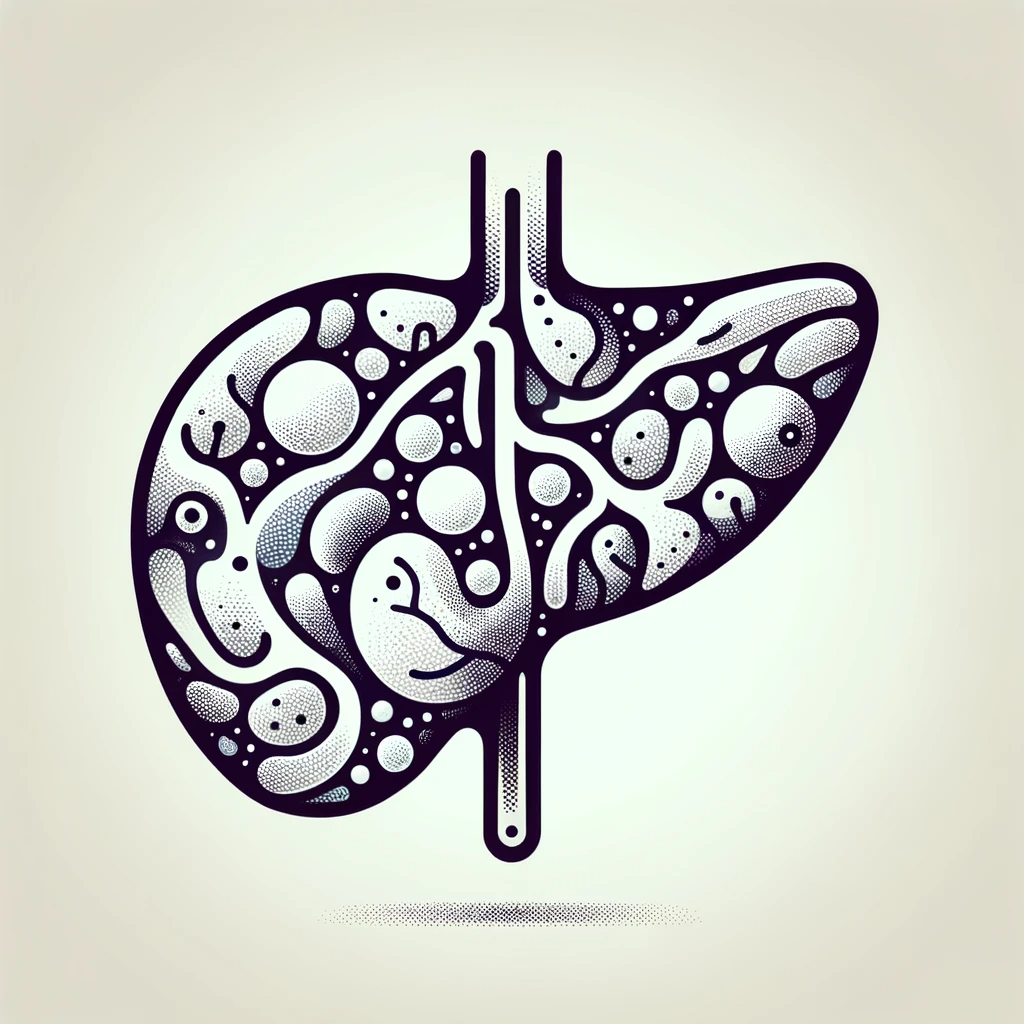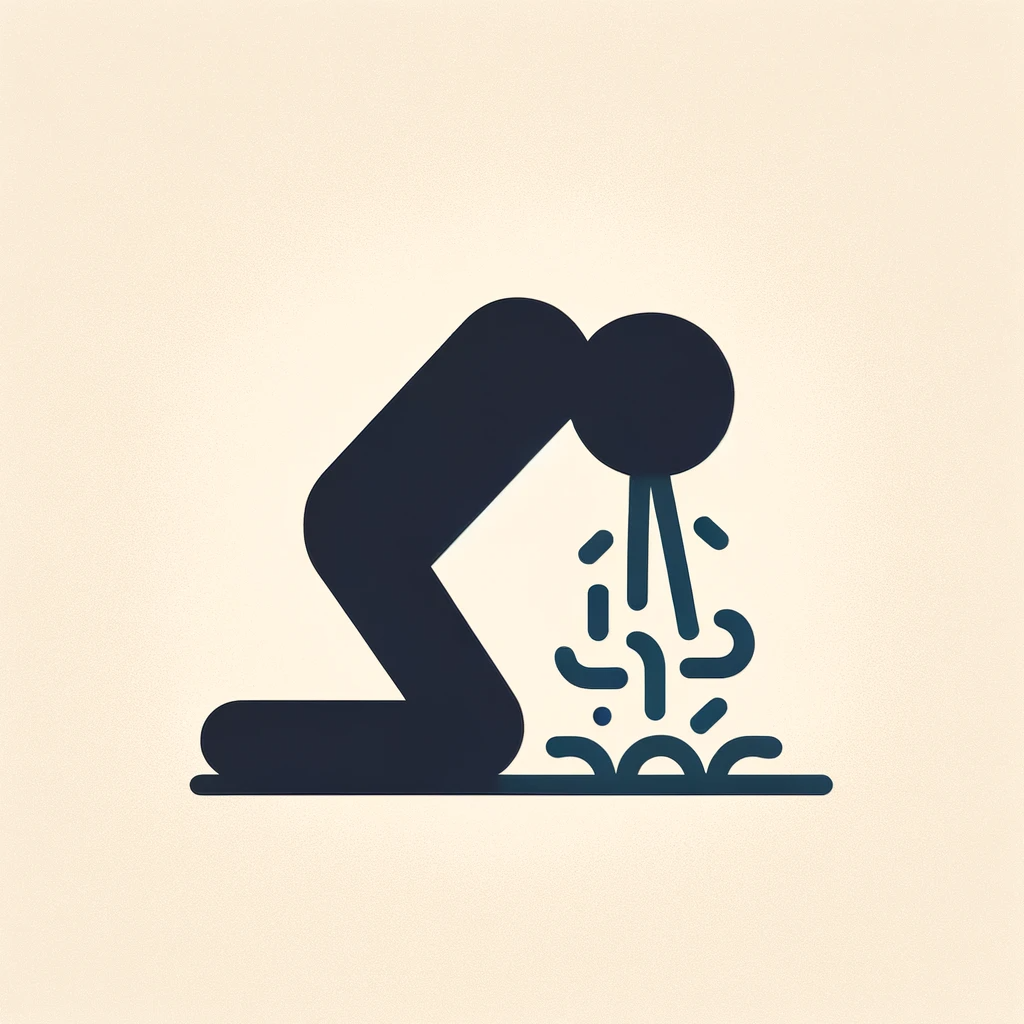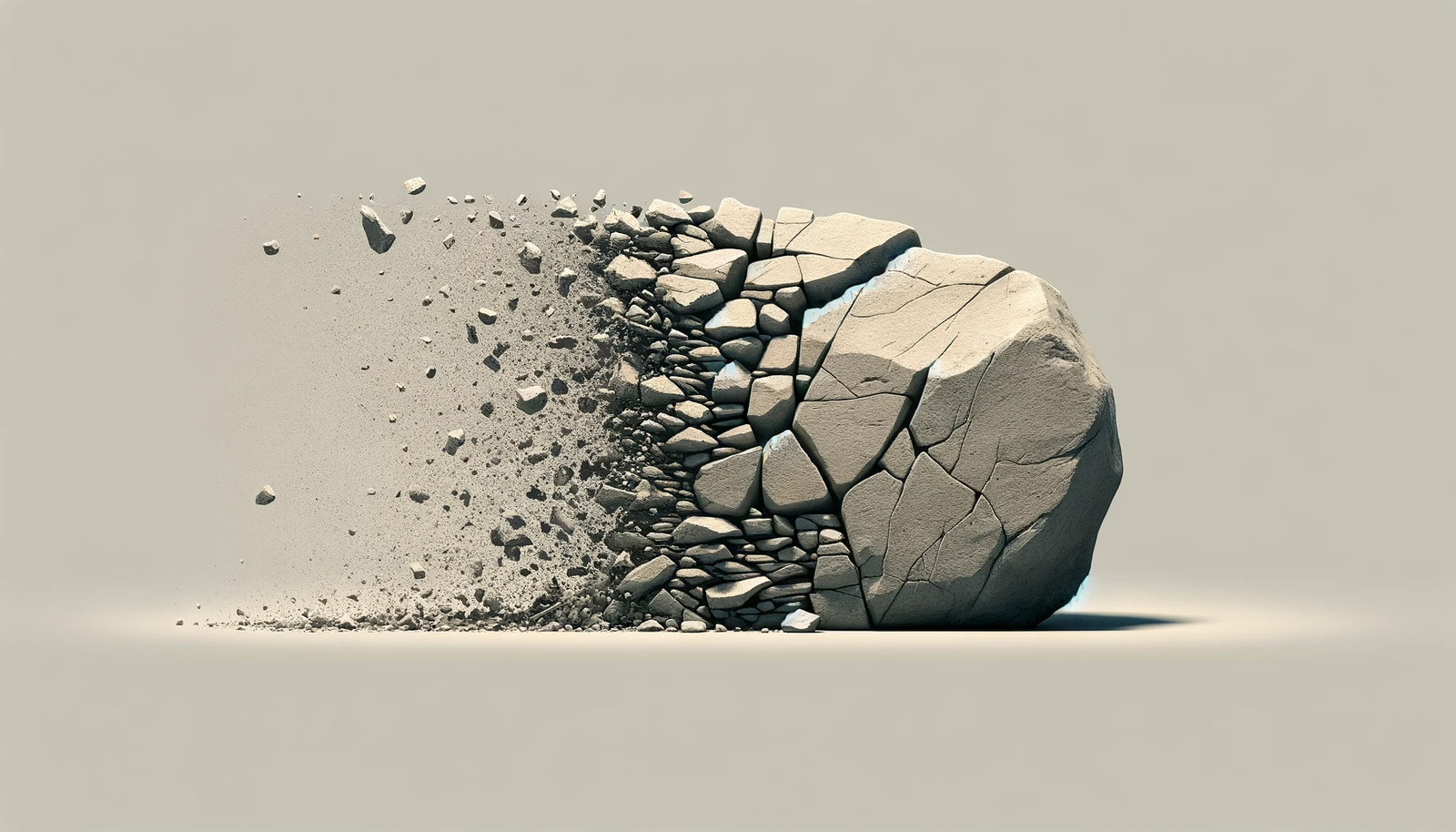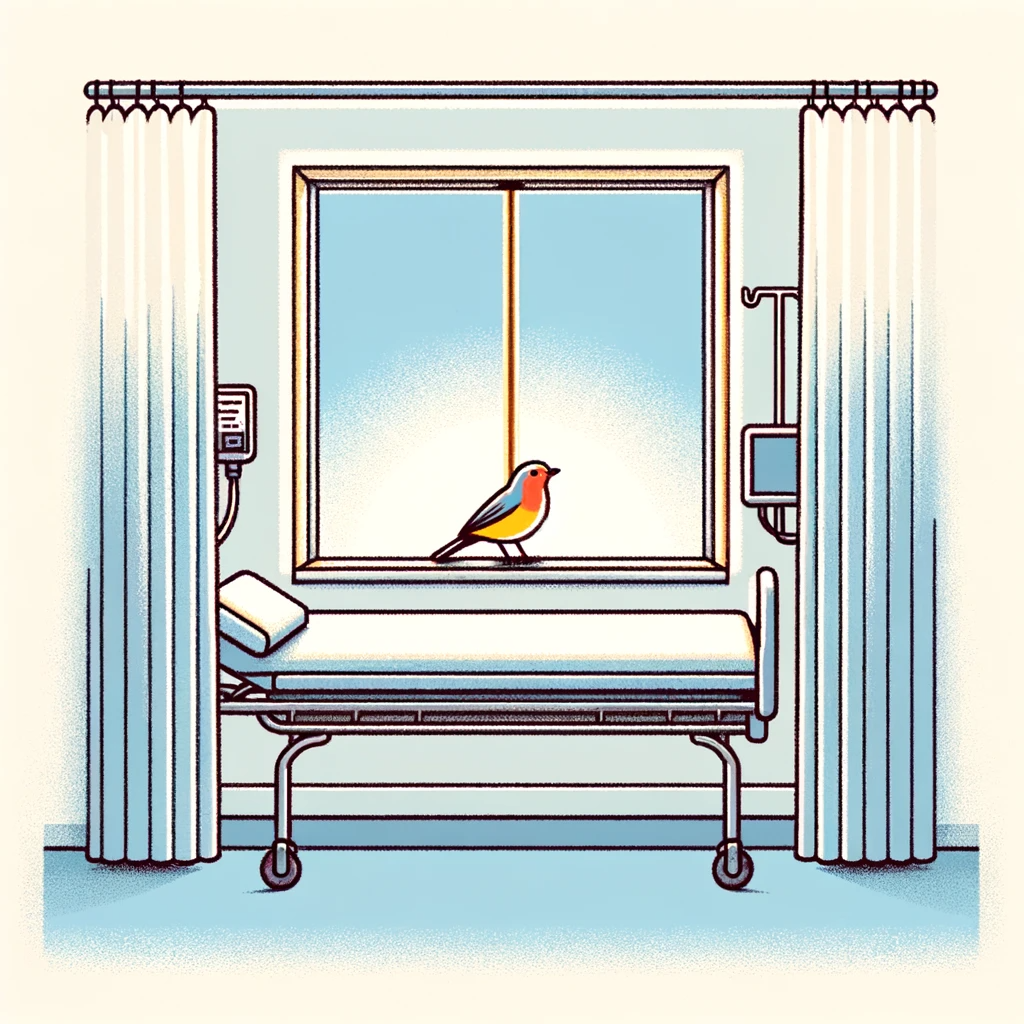Gallbladder Stones symptoms and treatment

What are Gallbladder Stones?
Gallbladder stones, also known as gallstones, is a common medical condition that can affect anyone. While they may not always cause symptoms, when they do, the pain and discomfort can be quite severe. In this blog, we aim to educate patients about gallbladder stones, covering their causes, symptoms, and treatment options.
Gallbladder stones are solid particles that form in the gallbladder, a small organ located beneath the liver. The gallbladder’s primary function is to store bile, a digestive fluid produced by the liver, which is released into the small intestine to aid in digestion. Gallstones can vary in size and number, and they can be composed of cholesterol, bilirubin, or a combination of both.

Signs and Symptoms
Not all gallstones cause symptoms, and many people have them without realizing it. However, when gallstones become problematic, they can cause a range of symptoms, including:
- Biliary Colic: This is a sudden, severe pain in the upper abdomen or right side, often occurring after a heavy meal. It may radiate to the back or shoulder and can last for hours.
- Nausea and Vomiting: Gallstone pain can be accompanied by nausea and vomiting.
- Jaundice: If a gallstone blocks the bile duct, it can lead to jaundice, causing yellowing of the skin and eyes.
- Fever and Chills: In some cases, gallstones can cause infection, leading to fever and chills.
Apart from these obvious symptoms, they can also present as subtle discomfort, mimicking gastritis.

WhatsApp and book a Consultation.
If you are experiencing the mentioned signs and symptoms, we urge you to take prompt action. To schedule an online consultation with Dr Poornima Subrahmanya (MBBS, MS - General Surgery, DrNB- Surgical Gastroenterology), please reach out to us via WhatsApp +91 82177 51382 .
Risk factors

Several factors contribute to the development of gallbladder stones:
- Excess Cholesterol: The most common type of gallstone is composed of cholesterol. When there’s an excess of cholesterol in your bile, it can’t be properly dissolved, leading to the formation of stones.
- Bilirubin Imbalance: Another type of gallstone is made of bilirubin, a waste product formed when red blood cells break down. Excessive bilirubin can result in pigment stones.
- Gallbladder Inactivity: A gallbladder that doesn’t contract and empty bile regularly is more prone to stone formation.
- Obesity: Being overweight or obese increases the risk of developing gallstones.
- Diet: A diet high in fat and low in fiber can promote stone formation.
- Rapid Weight Loss: Quick and substantial weight loss can lead to an increased risk of gallstones.
Diagnosis and Treatment

Gallstones are typically diagnosed using ultrasound scans of the abdomen. In case your doctor suspects there are complications like stones in the bile duct or severe infection, you may require scans such as MRI, ERCP and CT scan of the abdomen.
The treatment for gallbladder stones depends on their size, location, and whether they are causing symptoms. Common treatment options include:
- Watchful Waiting: If you have gallstones but no symptoms, your doctor may recommend a wait-and-see approach.
- Medications: Medications can be prescribed to dissolve smaller stones, although this process can be slow and may not always be successful.
- Laparoscopic Cholecystectomy: The most common treatment for symptomatic gallstones is the removal of the gallbladder through minimally invasive surgery. This procedure is safe and usually results in a quick recovery.
- Endoscopic Retrograde Cholangiopancreatography (ERCP): If a gallstone is blocking the bile duct, an endoscopic procedure may be performed to remove it.

We understand the challenges that come with a Gall bladder stone treatment, and we are committed to providing our patients with the highest quality care in a compassionate and supportive environment.
Our team of highly skilled and experienced healthcare professionals includes surgeons, gastroenterologists, oncologists, radiologists, and other specialists who work together to develop individualised treatment plans based on each patient’s unique needs.